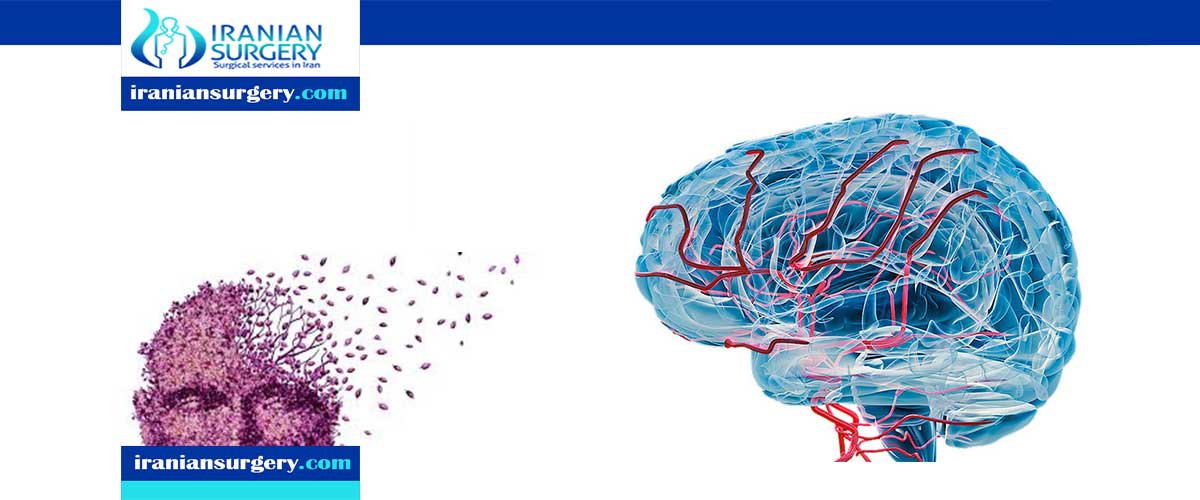Dementia Management

Dementia Management
When a parent, partner, or someone else you love gets diagnosed with dementia, you want to do everything possible to help them, including their memory, thinking skills, mood, and behavior.
It’s a lot to take in. But there are steps that can help.
These include working with their doctor to treat their dementia symptoms and any other conditions they may have. There are also other kinds of therapies that may help with their daily life. And everyday habits also matter, such as exercise, good nutrition, staying social, doing things that challenge their mind, and getting good sleep.
Some dementias disorders, however, may be successfully treated, with patient returning to normal after treatment. These dementias are ones caused by:
- Side effects of medications or illicit drugs; alcohol
- Tumors that can be removed
- Subdural hematoma, a buildup of blood beneath the outer covering of the brain that is caused by a head injury
- Normal pressure hydrocephalus, a buildup of cerebral spinal fluid in the brain
- Metabolic disorders, such as a vitamin B12 deficiency
- Hypothyroidism, a condition that results from low levels of thyroid hormones
- Hypoglycemia, a condition that results from low blood sugar
- Depression
Dementias that are not reversible, but may still be at least partially responsive to medications currently available for memory loss or behavior-based problems include:
- Alzheimer's disease
- Multi-infarct (vascular) dementia
- Dementias associated with Parkinson's disease and similar disorders
- AIDS dementia complex
- Creutzfeldt-Jakob disease
Commonly used medication
Symptoms can be managed by medication, depending on the type of dementia. The most common drugs used in the treatment of Alzheimer’s disease are Aricept (donepezil hydrochloride), Exelon (rivastigmine), Reminyl (galantamine) and Ebixa (memantine). Someone with vascular dementia may receive medication for high blood pressure, stroke or other related health conditions such as heart problems, diabetes and high cholesterol.
10 common questions about dementia management
[kkstarratings]



